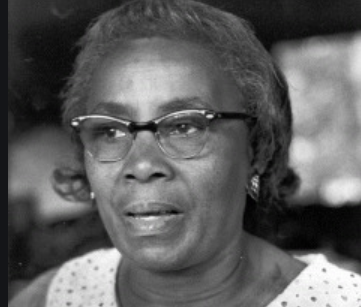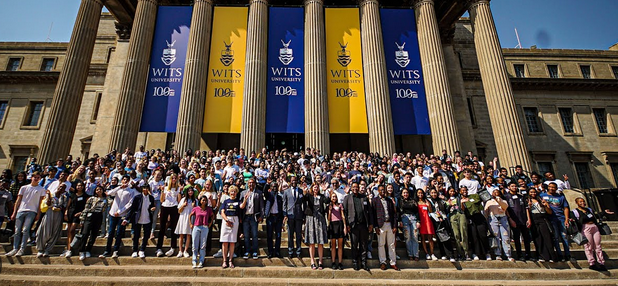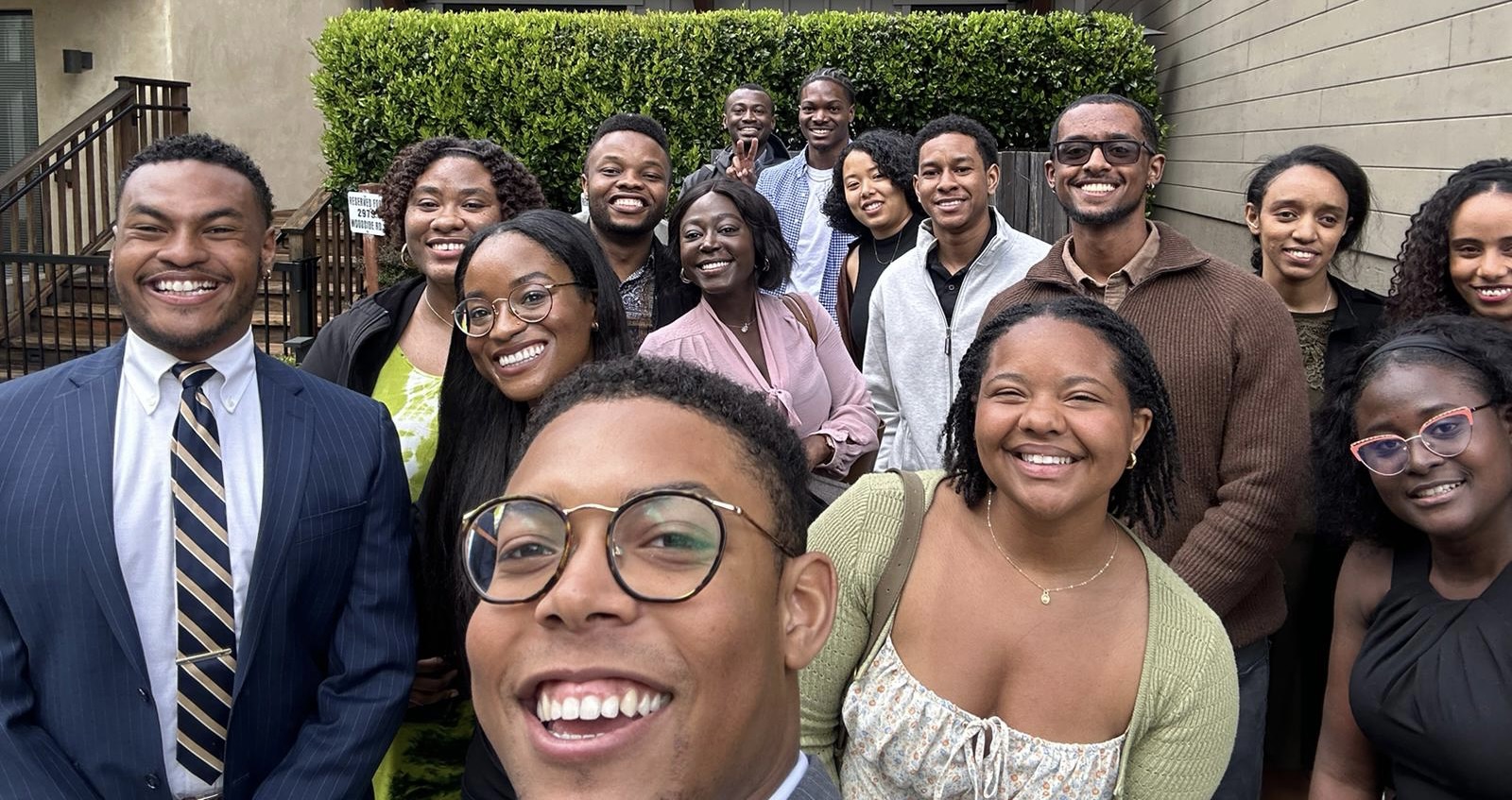Photo: Wikimedia Commons
Septima Poinsette Clark is perhaps the only woman to play a significant role in educating African-Americans for full citizenship rights without gaining sufficient recognition.
Clark was born the second of eight children in Charleston, South Carolina, to Peter Poinsette, a former slave, and his wife Victoria Warren Anderson, a laundress.
She and her family struggled to pay for a high school education, and she graduated from Avery Normal Institute in 1916. She married a Navy seaman, Nerie Clark, in 1919. The couple’s first child died in infancy; a son was born in 1925, but Clark’s husband died shortly after. By teaching in segregated schools in various locations, she earned a bachelor’s degree from Benedict College in 1942 and a master’s degree from Hampton Institute in 1946.
Clark not only taught young students, but she held informal literacy classes for adults. She also pushed an education and equal rights agenda in numerous organizations such as the Young Women’s Christian Association (YWCA), Federation of Women’s Clubs, Council of Negro Women, and, most importantly, the National Association for the Advancement of Colored People (NAACP).
In 1956 when South Carolina banned membership in the NAACP, Clark lost her teaching job and pension when she refused to comply. Hired by Myles Horton, Clark became Director of Workshops at the Highlander Folk School in Tennessee. When this program was absorbed into the Southern Christian Leadership Conference (SCLC), Clark and her cousin Bernice Robinson created the first citizenship school to educate Blacks in literacy, state government, and election procedures.
Traveling throughout the South, Clark trained teachers for citizenship schools and assisted in SCLC marches and protests, working with Dr. Martin Luther King, Jr., and Andrew Young. Dr. King acknowledged Clark when he received the Nobel Peace Prize in 1964 by insisting that she accompany him to Sweden. She wrote two autobiographies outlining her nonviolent philosophy, Echo in My Soul (1962) and Ready from Within (1986).
Source: BlackPast









